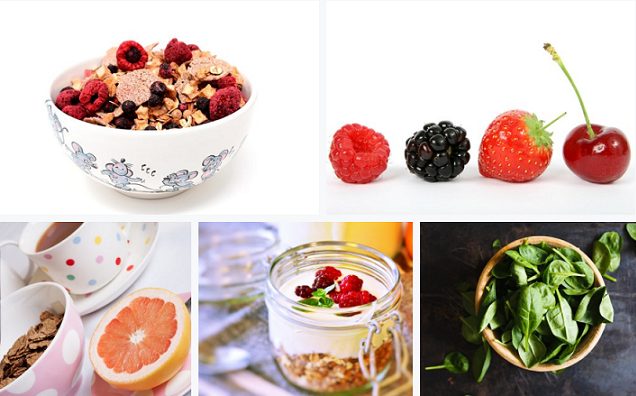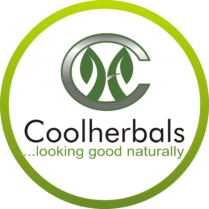Cholesterol is a waxy substance which is made in the body by the liver but is also found in some foods. It plays a vital role in how every cell works and is also needed to make Vitamin D, some hormones and bile for digestion. However, too much cholesterol in the blood can increase your risk of getting heart and circulatory disease .
What is good and bad cholesterol?
Cholesterol is carried in the blood attached to proteins called lipoproteins. There are two main forms, LDL (low density lipoprotein) and HDL (high density lipoprotein). LDL cholesterol is often referred to as bad cholesterol because too much is unhealthy.
HDL is often referred to as “good cholesterol” because it is protective. Knowing your levels of these can help explain your risk of heart disease. Your doctor should be able to tell you your levels of “good” and “bad” cholesterol. –
In some people a high cholesterol level is due to another condition. For example, an under active thyroid gland, obesity, drinking a lot of alcohol and some rare kidney and liver disorders can raise the cholesterol level.
In some people a very high level of cholesterol runs in the family, due to a genetic problem with the way cholesterol is made by the cells in the body.
What Should my Cholesterol levels be?
Simply; Total cholesterol (TC) – 5.0 mmol/L or less. However, about 2 in 3 adults in the UK have a TC level of 5.0 mmol/L or above.
How to maintain healthy cholesterol levels?
 1. Drink 6 to 8 glasses of water daily.
1. Drink 6 to 8 glasses of water daily.
2. Start your day with fresh fruits and grains such as oats that are high in soluble fibre.
3. Reduce consumption of animal products including dairy products. This is because animal foods are high in saturated fatty acids and dietary cholesterol.
4. Restrict consumption of Omega-6 rich oils such as corn oil and safflower oil. Instead, use olive oil, sesame oil and rapeseed oil that have ‘good fat’.
5. Eat a lot of anti-oxidant foods such as strawberries, apples, nuts, carrots, broccoli, spinach, salmon, sardine and tuna. Eating Garilc helps too.
6. Use turmeric and curry leaves when cooking dishes.
Ayurvedic remedies to fight cholesterol:
1. Boil water with 2 tsp coriander seed (dhania). Strain and drink this water twice daily. It helps reduce cholesterol, flushes out toxins, and improves digestion. Fenugreek seeds or methi help to reduce the body’s absorption of cholesterol coming in through the fat-rich foods we eat. Alsi or flaxseed has been shown to reduce cholesterol.
2. Guggul (Commiphora mukul) is effective in lowering cholesterol. Records over 600BC show this has been used traditionally for reducing cholesterol. It is made from sap, a gum resin. It is believed that trigycerides in Guggul helps to reduce cholesterol. Garlic too has been shown to help reduce cholesterol.
3. Garlic has been shown to help reduce cholesterol. Tattelman (2005) suggests that one particular thiosulfinate—allicin—is the active element in garlic responsible for its numerous medicinal properties, particularly reducing cholesterol.
Coolherbals Guggul Plus capsules contain Guggul and Garlic.
For more advice including a cholesterol reducing diet sheet please contact us at info@coolherbals.com

